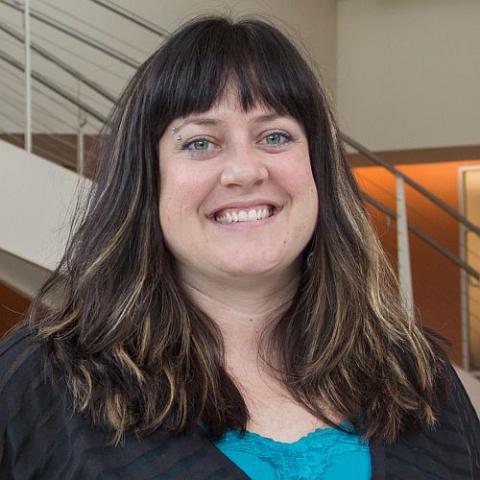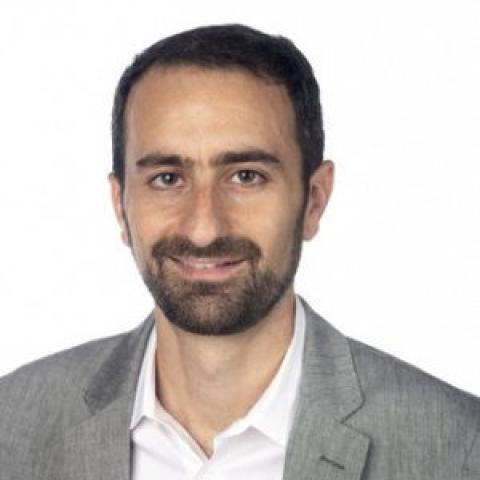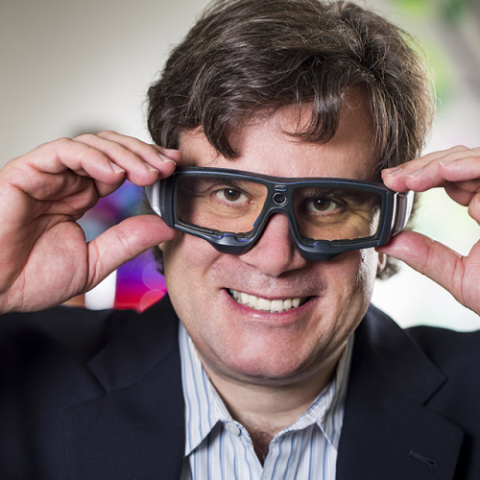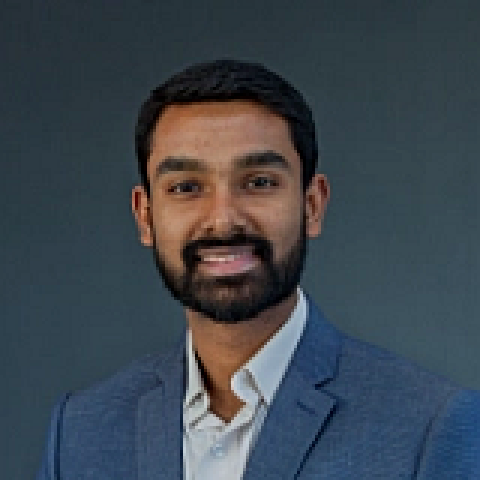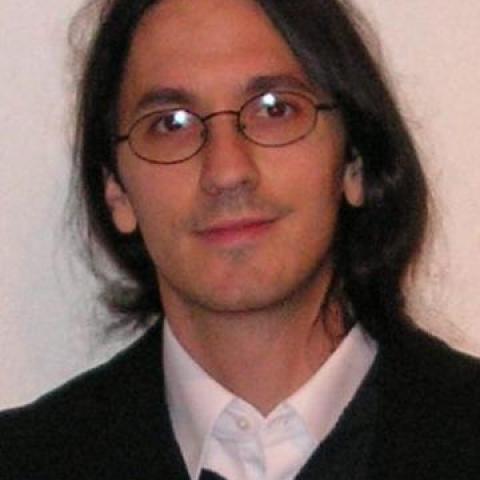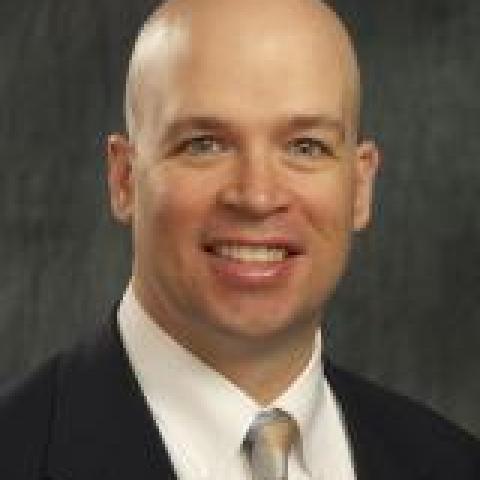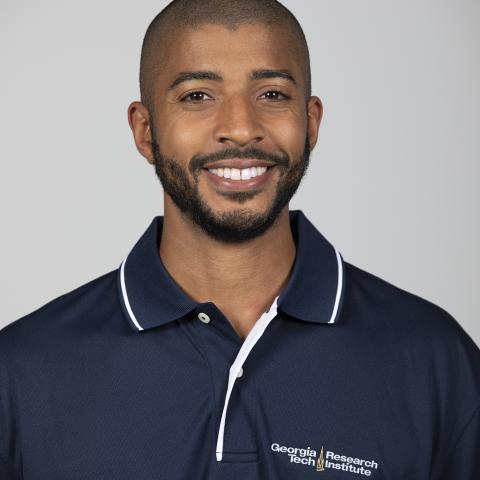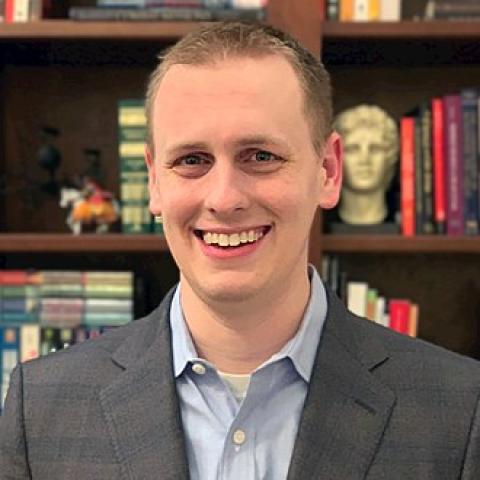Marilyn Smith
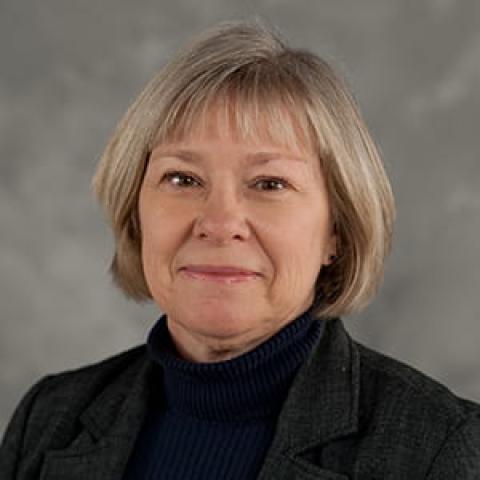
Marilyn Smith is a Professor in the School of Daniel Guggenheim School of Aerospace Engineering at the Georgia Institute of Technology. She is director of Georgia Tech's Vertical Lift Research Center of Excellence (VLRCOE), where she leads a seven-university team of experts in vertical lift research for the U.S. Army, U.S. Navy and NASA. She has partnered with the Georgia Tech Research Institute (GTRI) to successfully win multiple research funding mechanisms for both organizations that total more than $200 million dollars. As the director of the AE School's Computational Nonlinear Computational Aeroelasticity Lab, Prof. Smith leads an internationally recognized and award-winning research team in the areas of unsteady aerodynamics and computational aeroelasticity using Computational Fluid Dynamics (CFD) across rotary-wing, fixed wing and launch vehicles, as well as sustainable energy. As a member of the NASA FUN3D development team, Prof. Smith contributes to state-of-the-art unstructured algorithm development, in particular for overset, moving frames. As an affiliate of the Aerospace Systems Design Lab (ASDL), she helps to integrate high performance computing with the design process. Prof. Smith is the author or co-author of more than 200 technical publications, and her research products are in active use by the US Government and other organizations, including the Drone Racing League. She is active internationally on three NATO AVT Panels investigating nonlinear gusts behaviors on UAVs and collaboration of experimental/computational aerodynamics. She is on Board of Directors of the Vertical Lift Consortium (VLC) and the Vertical Flight Society (VFS). She is also the Deputy Technical Director for Aeromechanics for the VFS. Prof. Smith has demonstrated her leadership as ARO Dynamic Stall Workshop Chair (2019); 70th AHS Annual Forum Technical Chairperson (2014); 69th AHS Annual Forum Technical Deputy Chairperson (2013); and 2014 Overset Grid Symposium (OGS) Chairperson. She was a member on the first International Aeroelastic Prediction Workshop Organizing Committee and is a member of the OGS organizing committee. Prof. Smith has been a guest expert in aviation for National Geographic, PBS, and NPR, as well as local television and numerous publications.
aeroelasticity; aerodynamics; computational fluid dynamics
